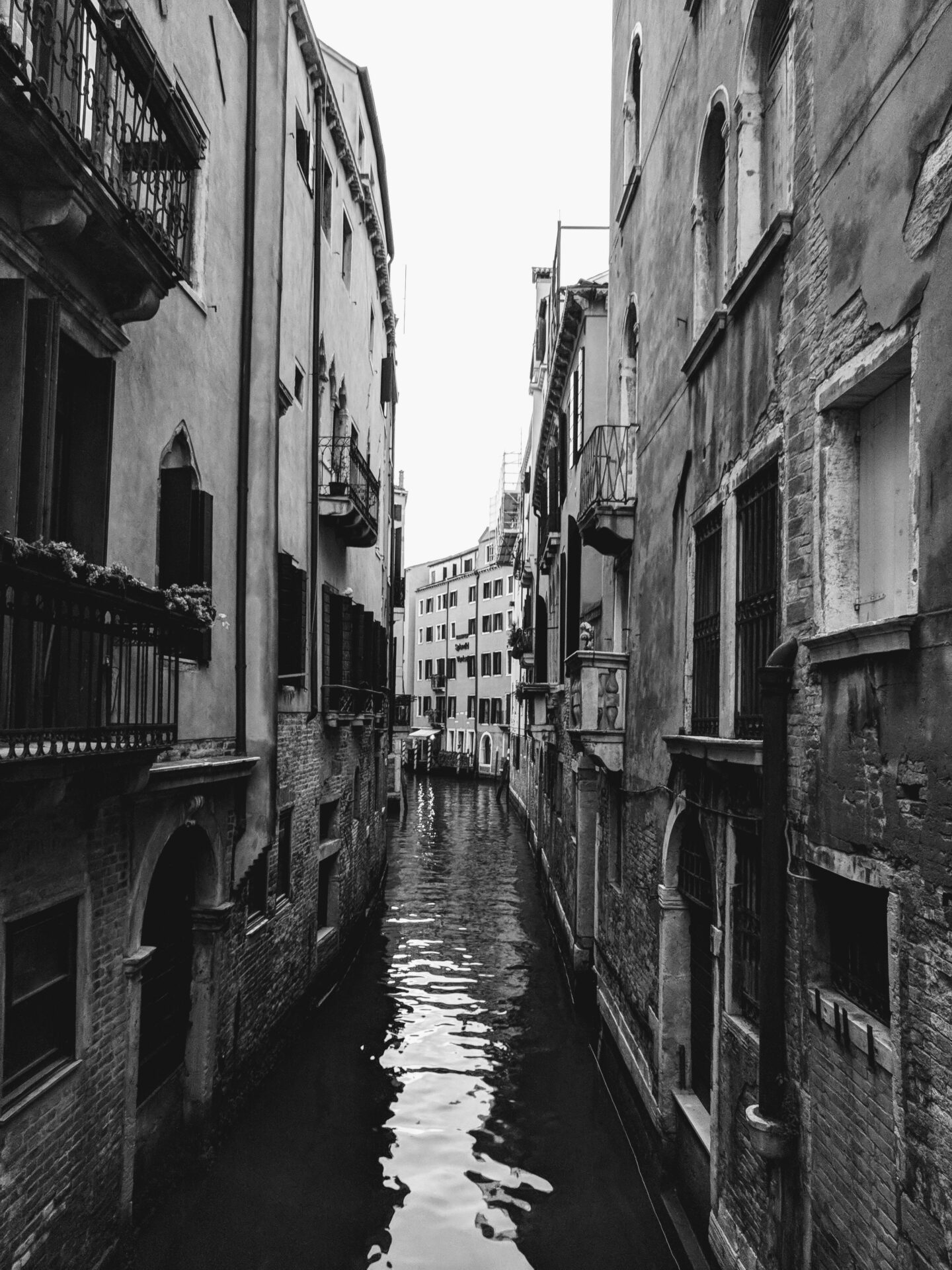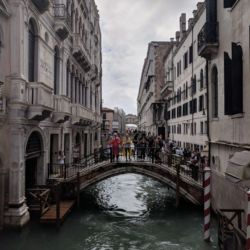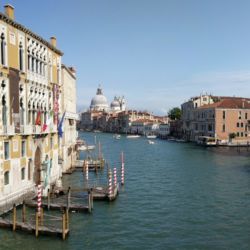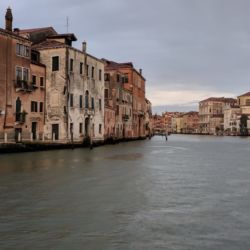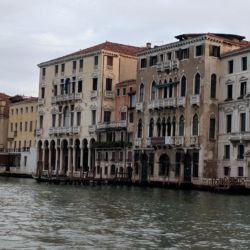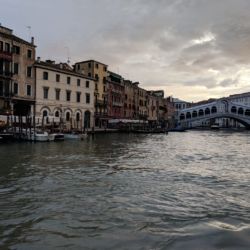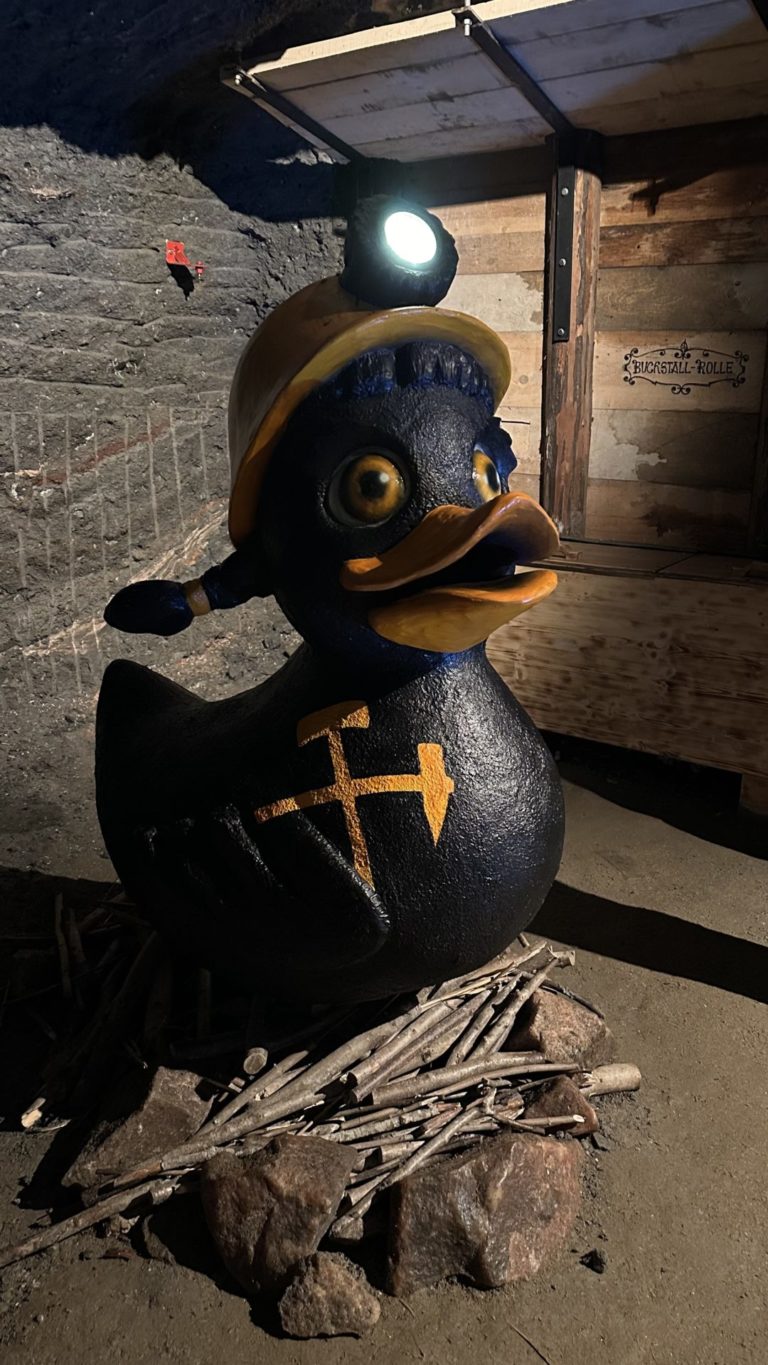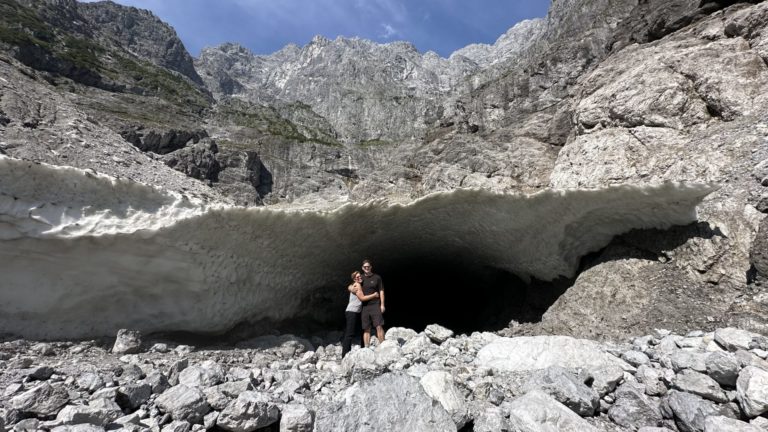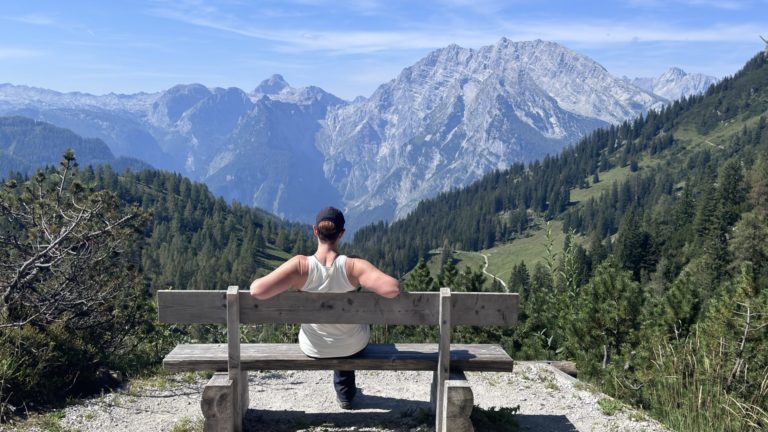If you’re like me, you seldom think about how the stuff you use on a daily basis gets to you. At least not until you get stuck behind a semi or a garbage truck and even then you probably don’t think about the joy they bring to your life as much as you are thinking about how much they’re in your way.
Venice is a city of 118 islands. One hundred and eighteen! Over 400 bridges connect these neighborhood sized islands.
Getting the Goods
Roughly 270,000 people live here and 20 million tourists visit every year to eat, play, and shop. The locals need groceries plus all of the normal living supplies like cups, plates, couches, beds, etc. etc., etc. The tourists are all about buying their souvenirs to remember their amazing trip and consuming vast quantities of gelato. Biology is a real thing and that gelato has to go somewhere…
Wait. Let’s ignore that biology thing because I haven’t researched how that works although I suspect their sewer system / water treatment is much like any other major city. Let’s instead focus on the logistics of goods delivery because quite frankly both the locals and the tourists need stuff. Lots of stuff.
Venice is rather well developed. There is not a lot of plant life visible other than in tiny courtyards and patois. Therefore I’m ruling out farming. There certainly wasn’t any pasture land nor was there evidence of manufacturing. Therefore, one can logically assume that Venice has to import pretty much everything they need.
The lack of roads not to mention the prohibition of vehicles means that trucks are not going to be delivering the goods. Instead, the solution is a system of boats and porters. Small, motorized boats (some equipped with freezers as seen below) transport everything from the mainland to the designated island. These in turn are unloaded onto carts and pushed by one or more porters down the narrow streets to the designated shop. The carts are pretty cool as they have 2 different sets of wheels so they can traverse the streets, stairs, bridges, and bridges with stairs. They seem to be the ATV of the islands. The porters arrive at the shop, unload the cart, then rinse & repeat. Not a job I want given the narrowness of the streets and all of the cloying crowds.

Removing the Waste
Trash and recycling is also done by boat for obvious reasons. Our host was very adamant about the various items that must be recycled. I suspect fines are used as enforcement. Interestingly, food waste is not recyclable. Apparently the soil is not ideal for composting. I didn’t see a lot of evidence of soil as pretty much all surfaces have been covered in stone but he may have meant on the mainland? Trash is picked up every day and recycling every day but Sunday. All refuse gets piled onto the trash boat and taken away.
Rain Rain Go Away
It rained every day we were in Venice. In the US rain collects in the gutters and goes down the storm drain to the closest body of water. Venice appeared to have a similar system but rather than gutters of running water, there are subtle holes in the streets that act as a drain. Shop keepers were often out sweeping the water away from the front of their shops and toward the drain. Makes total sense to me. If you clean out front, you’ll keep the water out of your shop and then you won’t have to clean your shop quite as much!

Marauders & Fish Markets
According to our tour guide, Venice was first established as a means to escape marauding barbarians. The lagoon was so shallow that it offered protection from invaders. The inconvenience in the obtaining and removing of goods certainly makes sense in a life or death situation!
Today, the marauding barbarians are more commonly referred to as tourists and I suppose the various inconveniences are still combating a life or death situation. Early Venetians chose to change the way they lived in order to escape death at the hands of the barbarians just as modern day Venetians are choosing to change the way they live in order to capitalize on the income vast numbers of tourists provide. That said, rising prices are driving out local citizens. We visited the local fish market which was clearly half the size of its former glory days and locally owned shops are apparently being purchased by foreign investors.

Change is hard and while Venetian life may be considered inconvenient by some, it certainly beats the alternative?

